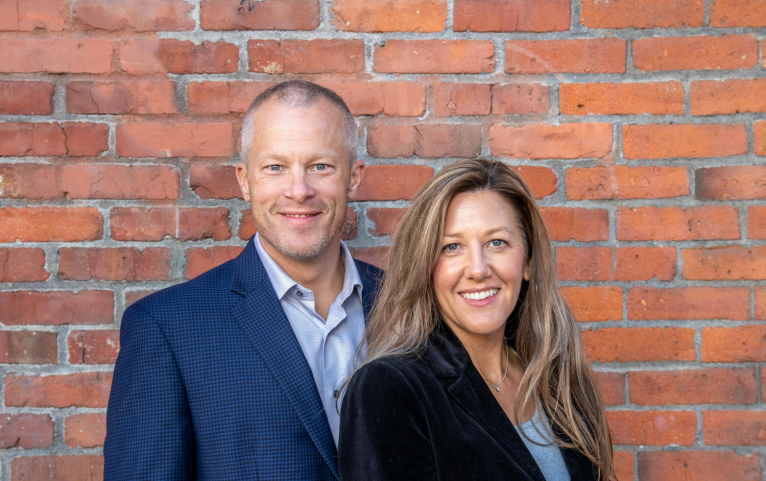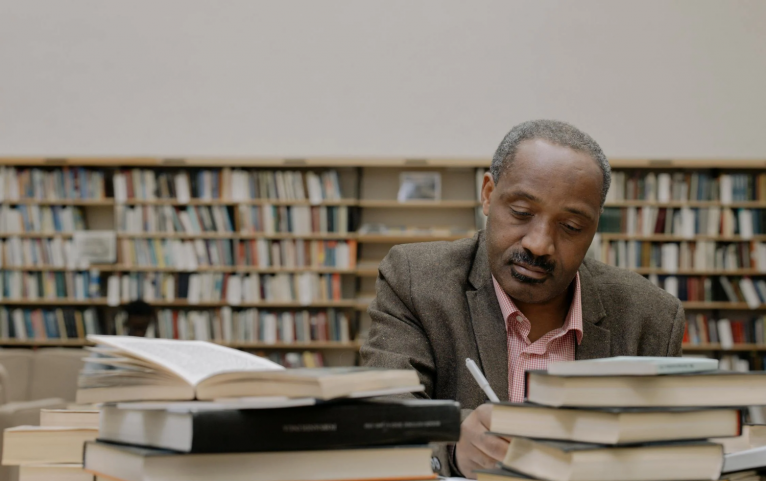Summer Vibes, Stellar Work: How to Craft a Productive Summer Work Culture
This article explains how to craft a work environment that embodies the spirit of summer to help your team maintain high productivity levels. If you're looking to infuse your workplace with summer ...
-
3 Key Strategies to Support Doctoral Students Struggling in Silence
-
Education and Income Are Top 2 Attributes Women Consider When Dating, Poll Reveals; What Could College Students Take Away From This Survey?
-
4 Steps to Cultivate an Authentic Teaching Style for Graduate Students
-
2024 US Presidential Debate: Here Are Higher Ed Questions for Trump-Biden Face-Off
-
10 Dos and Don’ts for New College and University Leaders
-
3 Key Changes Needed in Graduate Education to Align with Post-Graduate Realities
-
Inspiring Stories of Self-Made Careers: 7 Steps on How They Created Their Own Jobs
By Joy Liwanag -
8 Ways Ph.D. Training Prepares You for Entrepreneurship
By Joy Liwanag -
4 Essential Tips for International Students to Boost Their Job Prospects
By Joy Liwanag -
5 Essential Tips for Achieving Tenure: A Guide for Tenure-Track Faculty
By Joy Liwanag -
8 Principles for Designing Mobile-Friendly Courses to Support Student Parents
By Joy Liwanag -
7 Essential Strategies for Graduate Students and Postdocs Dealing With Career Transitions
By Joy Liwanag -
Exploring the World of Academic Editing: Here Are 7 Tips to Succeed
By Joy Liwanag -
Ultimate Toolkit for Confident Communication: A Graduate Student's 10-Step Guide
By Joy Liwanag -
Myth of "Stalled" Associate Professor: 10 Steps to Redefining Success in Academia
By Joy Liwanag -
5 Tips for Graduate Students to Embrace Change and Thrive in Graduate School
By Joy Liwanag -
Professor's Insight into 7 Ways Fathers Make a Big Difference in June
By Joy Liwanag -
The Future of Student Success: 6 Factors To Navigate External Forces in Higher Education
By Joy Liwanag



















